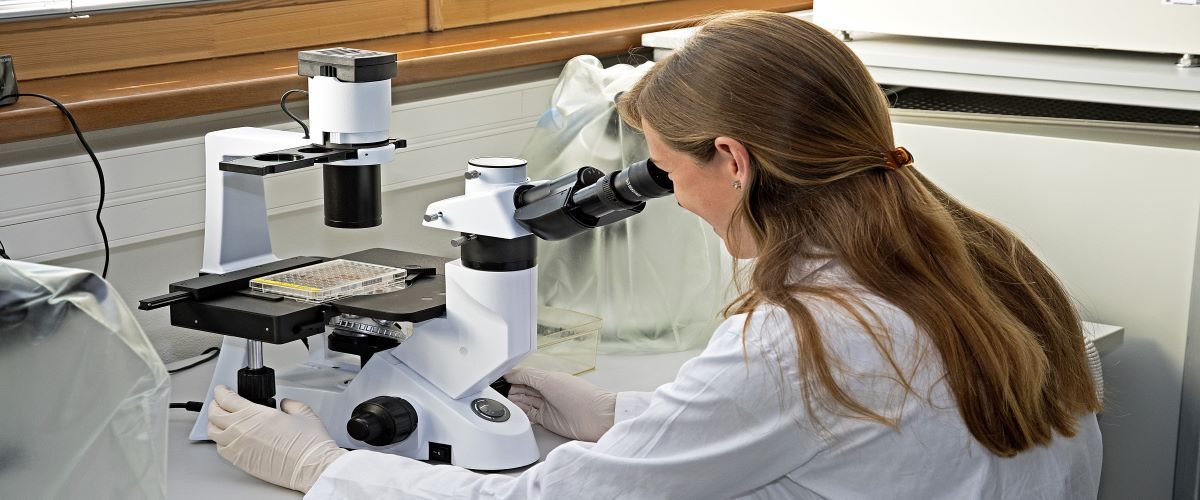
Department of Medical Biology
Topic thesis offer
Diversity of tick-borne encephalitis virus in natural endemic areas of South Bohemia
Type of thesis: Bachelor or Master - the extent of the thesis can be modified
Supervisor: Václav Hönig (
Tick-borne encephalitis virus causes severe infection of the central nervous system of human. The virus circulates in nature between its natural hosts (especially rodents) and its vectors – ticks. Individual strains of tick-borne encephalitis virus can differ significantly in a number of characteristics, including pathogenicity to humans. The goal of the Bachelor or Master thesis is to uncover the diversity of tick-borne encephalitis virus strains in areas of its endemic occurrence, characterize their biological features, and compare them to strains that infect human patients. The topic combines field work (tick sampling) with work in the laboratory. The student will gain experience with widely used methods in molecular biology (sample processing, RNA extraction, reverse transcription, qPCR, sequencing including NGS, etc.), virology (working with infectious material – BSL2, virus isolation using tissue culture, plaque assays, etc.), and basic statistical and phylogenetic methods.
Ticks and tick-borne pathogens in urban habitats
Type of thesis: Bachelor or Master - the extent of the thesis can be modified
Supervisor: Václav Hönig (
Ticks are vectors of numerous pathogens of human and animals. Their occurrence is not limited to typical forest habitats; on the contrary, stable tick populations are also found in urban areas, as are the tick-borne pathogens. Due to high human activity, these areas pose a significant public health risk. The goal of the Bachelor or Master thesis is to reveal the diversity of viral and bacterial pathogens in ticks found in urban green spaces. In addition, the composition of the host fauna will be characterized by detecting the host DNA in remnants of digested blood, and the host species will be correlated with the presence of pathogens. The topic combines field work (tick sampling) with work in the laboratory. The student will gain experience with widely used methods in molecular biology (sample processing, RNA extraction, reverse transcription, qPCR, sequencing, etc.), virology (working with infectious material – BSL2, virus isolation by tissue culture, plaque assays, etc.), and basic statistical and phylogenetic methods.
